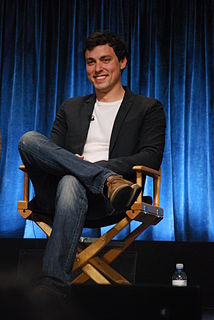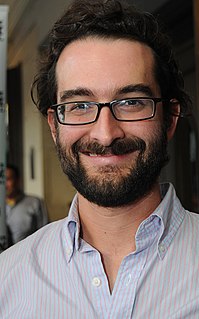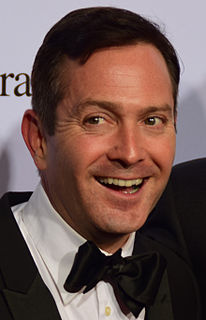A Quote by William Monahan
The old days of screenwriting, and myths about screenwriting, are maybe over. It's a literary form, if you can wake up to it.
Related Quotes
It's very important for an audience to know where they are and why they are there in a musical. It allows them to relax and follow this form that operates in shorthand. So the economy of the form, in many respects, is why a lot of screenwriting is so sleek. Because the visuals are where the explosions happen.






































